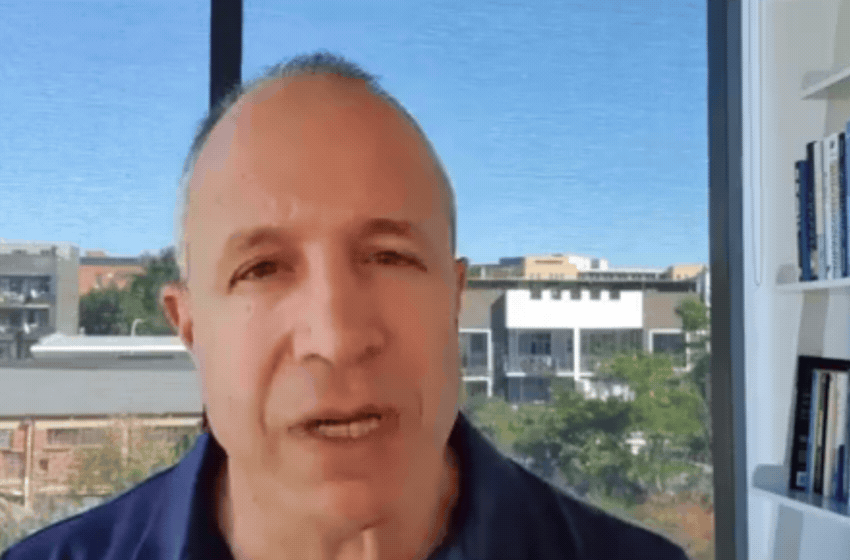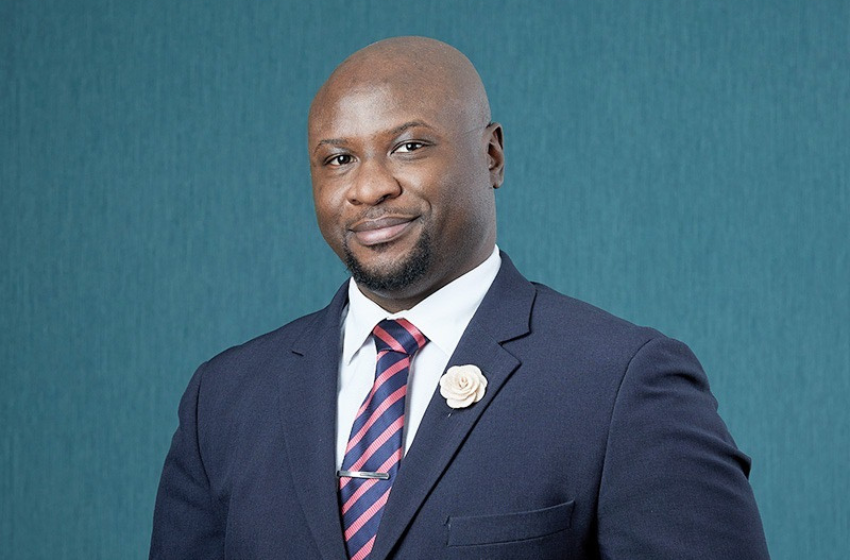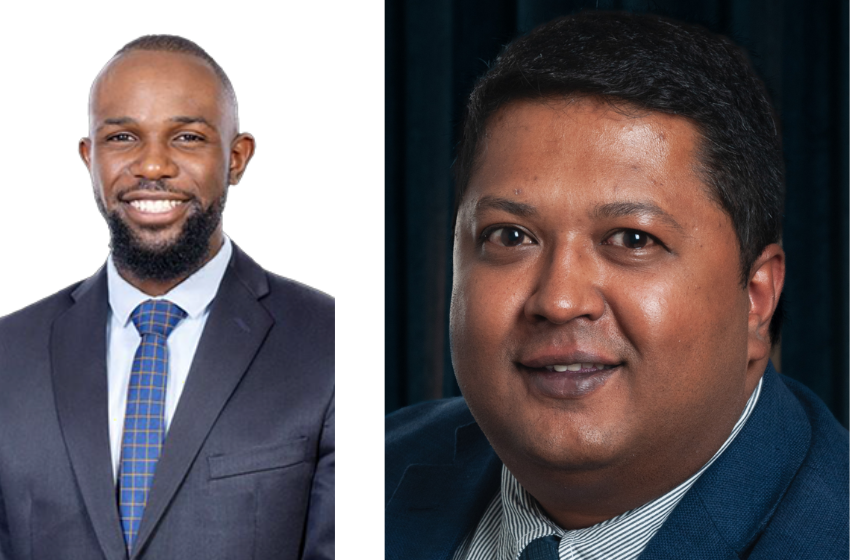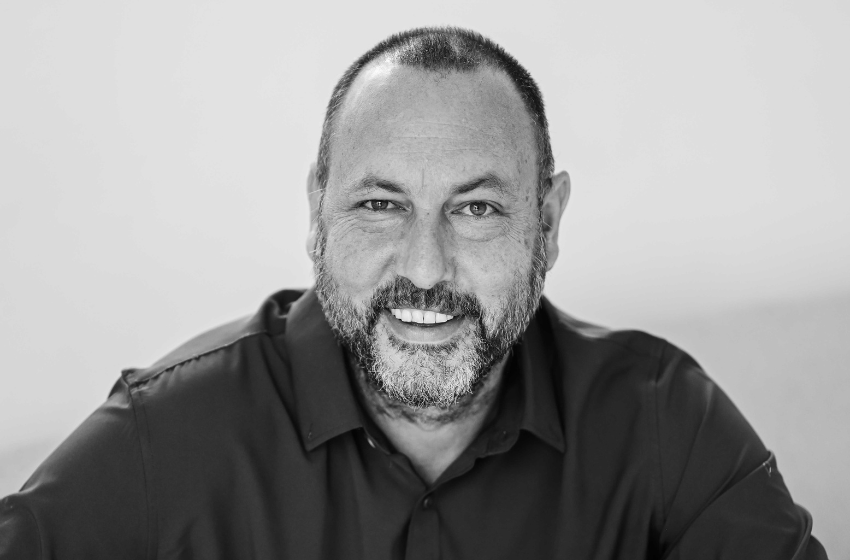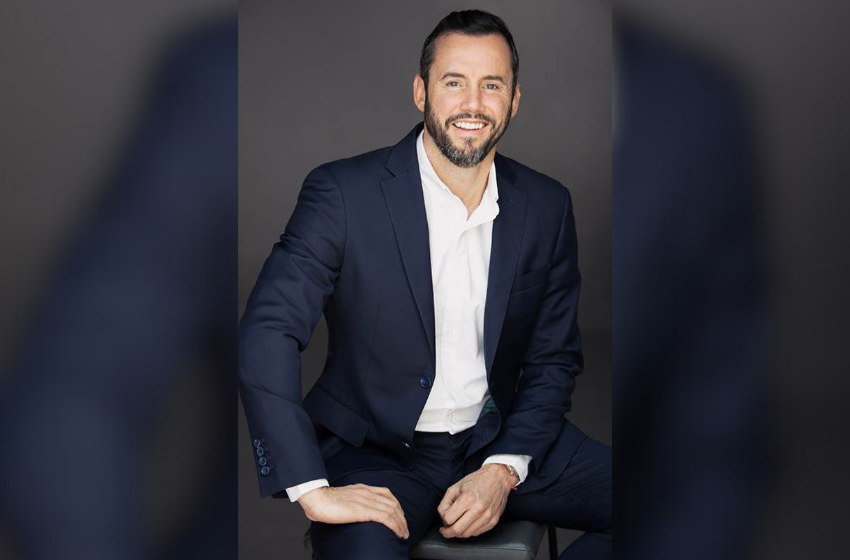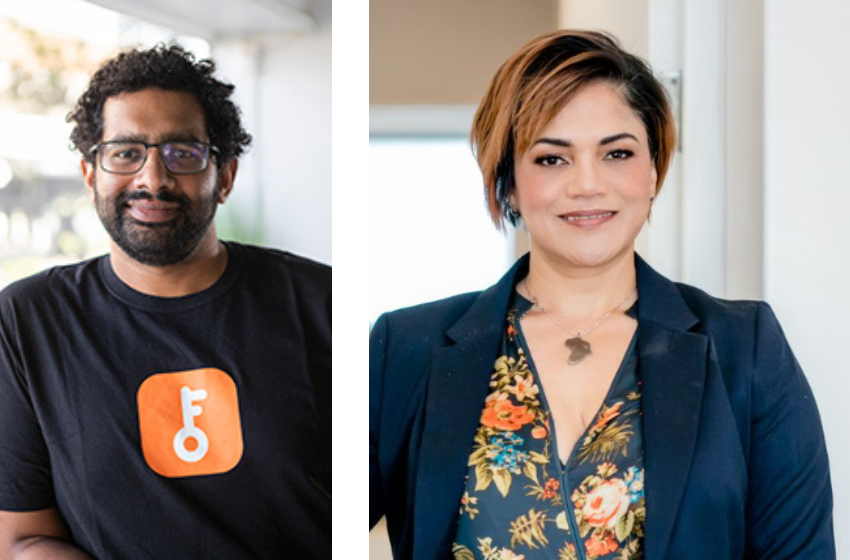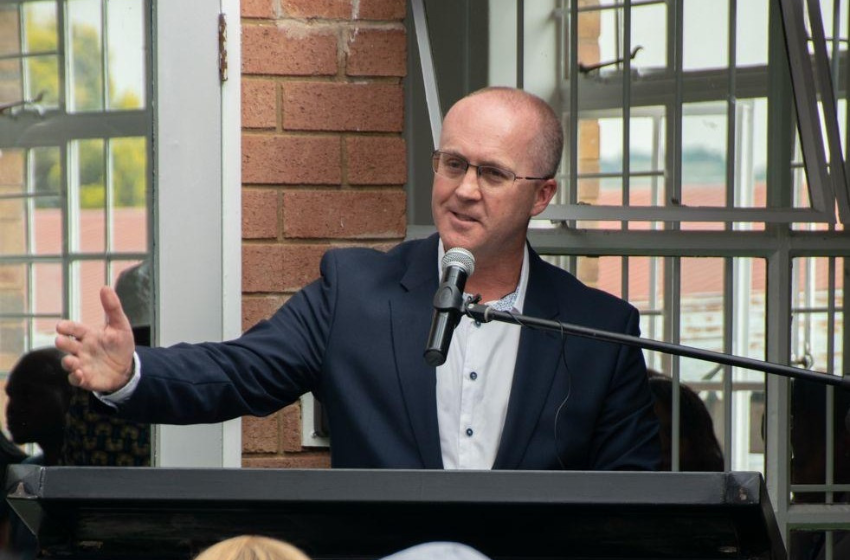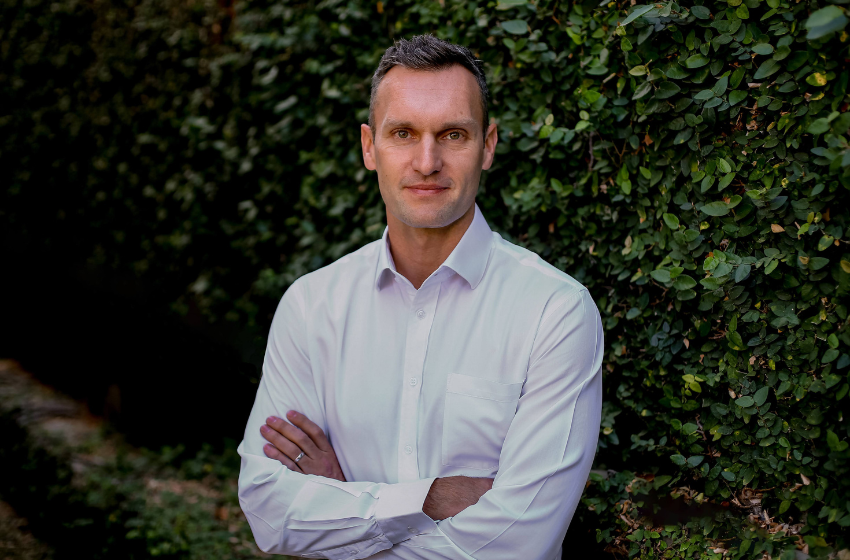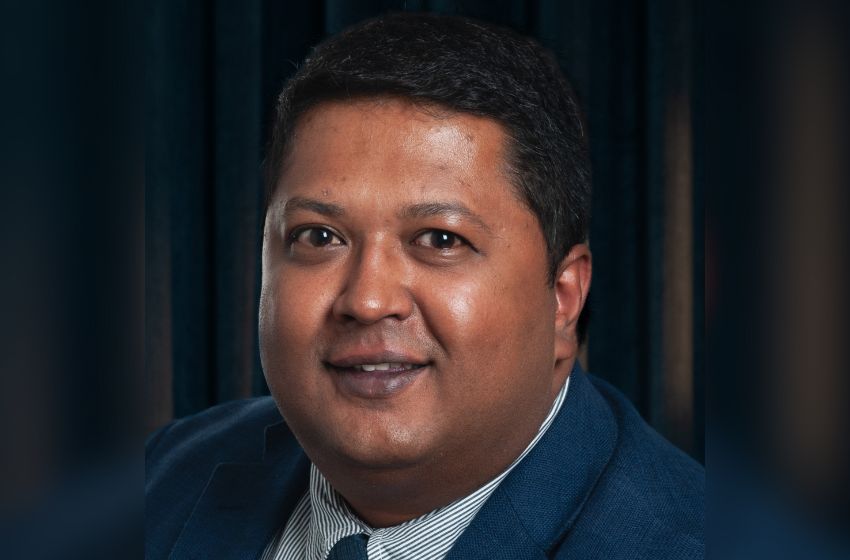
Franc, the award-winning investment app known for making investing simple and accessible, has officially launched its new Tax-Free Savings Account, live on its platform since the beginning of March. The offering is designed to help South Africans take full advantage of the tax incentives available while building long-term wealth.
“While it is commonly called a ‘tax-free savings account’ (TFSA), we believe it is time to change the narrative and think of it as a tax-free investment account” says Thomas Brennan, Franc co-founder. “As this should not be a short-term savings product but rather a long-term investment vehicle, and that is how we want our users to approach it.”
The product, which aligns with the start of the new tax year, is powered by a new Satrix Global Balanced Fund of Funds ETF —a globally diversified, cost-effective ETF that provides exposure to multiple asset classes including developed and emerging market equities, bonds, property, and infrastructure.
Brennan explains, “We chose this fund specifically because of its growth potential and risk management. It is the first globally balanced ETF of its kind in South Africa and is ideal for long-term investing.”
Franc’s goal is to simplify the tax-free investment journey. Unlike traditional providers who offer multiple TFSA options (some of which may not be suitable for real long-term growth), Franc has intentionally limited choice to one handpicked fund.
“We have done the hard work, so our users do not have to. There is no analysis paralysis—just a clear, solid path to long-term wealth,” says Cassidy Nydahl, Franc’s Head of Growth.

Not an alternative to a savings account
A common misconception, says Brennan, is that a TFSA should be used like an emergency fund.
“Most people do not realise they can already earn interest of up to R23,800 a year without paying tax in a regular interest-bearing account. So, putting your emergency savings in a TFSA is a waste of time. .”
Instead, the TFSA is best used for long-term investing in a fund with high growth potential because the real power comes from compounding over time without paying any tax on interest, dividends, or capital gains. South Africans can contribute up to R36,000 per year and up to R500,000 over their lifetime, and the returns can grow significantly beyond those limits tax-free.
“There is no cap on what your R500,000 can grow into,” Brennan explains. “It could become R2 million, R5 million, R50 million—and you would not pay a cent in tax on that growth. That is why we say it should be viewed as a tax-free investment account.”
A smart move
Franc is also encouraging parents to open tax-free investment accounts in their children’s names. With time on their side, children stand to benefit most from compounding growth.
“Imagine opening an account the year your child is born and maxing out contributions by the time they turn 14. That could set them up financially for life,” says Nydahl.
The platform makes it easy for parents to open and manage accounts for their children. “We have streamlined the process so there is no friction. You can start investing for your child in just a few minutes on the app,” she adds.
The Franc difference
While other providers may offer access to TFSAs, Franc believes its approach makes all the difference:
- Simplicity: No confusing fund choices. Just one expertly selected fund built for long-term growth.
- Accessibility: Franc is mobile-first and easy to use.
- Transparency: Competitive fees and a no-nonsense approach to investing.
- Encouragement of good behaviour: Higher withdrawal fees discourage early access and reinforce the account’s long-term intent, while contribution tracking helps you avoid contributing over the limits and paying a penalty .
Not too many South Africans are taking advantage of this opportunity. And among those who do, many are not using it optimally. Only 6% of South Africans are adequately prepared for retirement and a tax-free investment account can be one of the best ways to close that gap.
“This is about helping people make smart, long-term financial decisions, and it starts by shifting the conversation from saving to investing.” says Brennan.
Share via:





